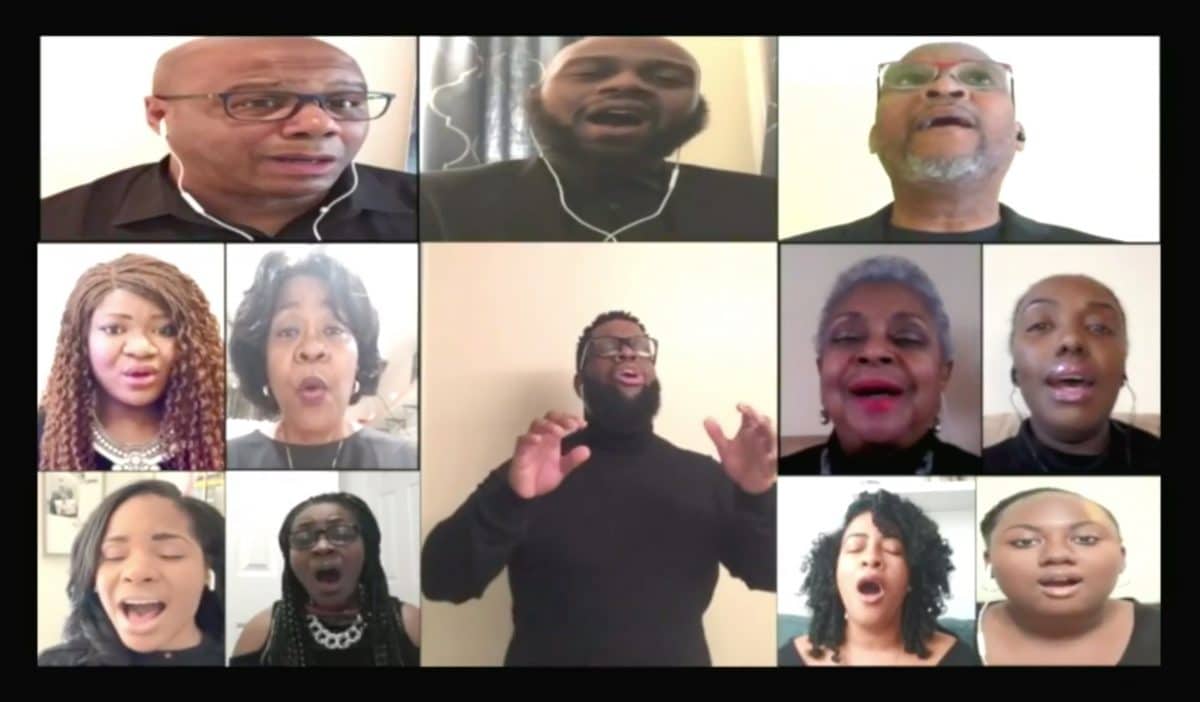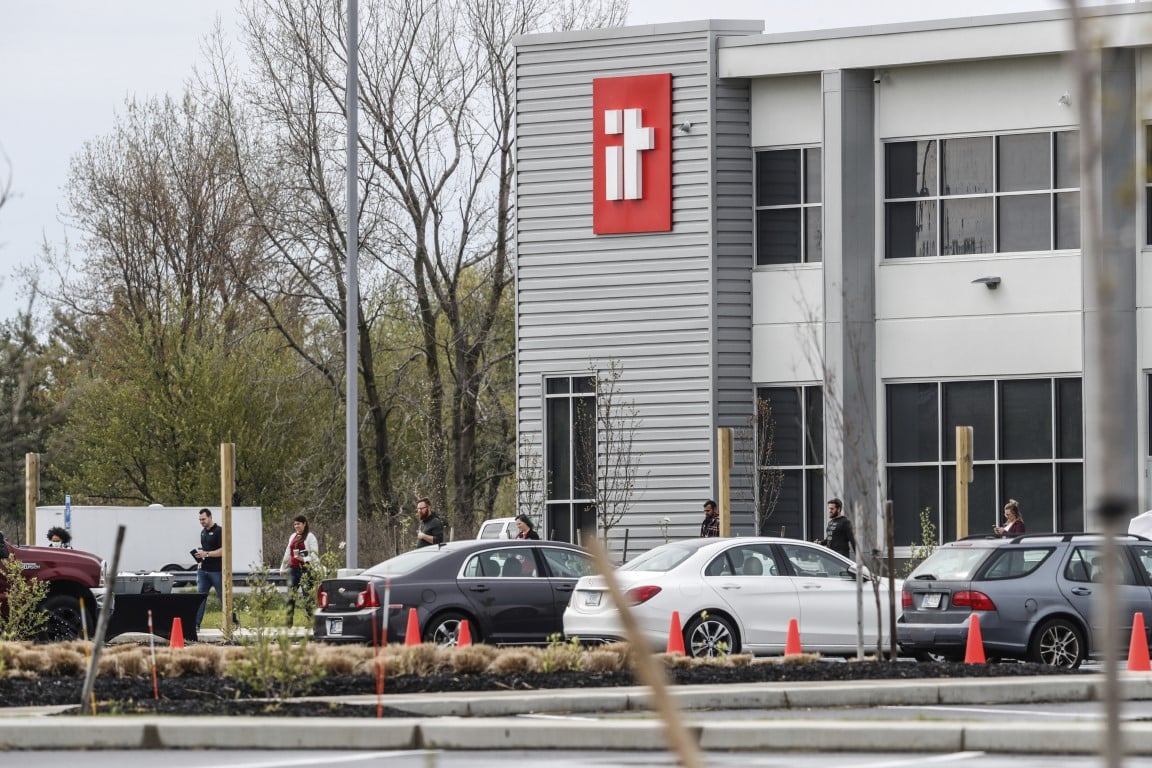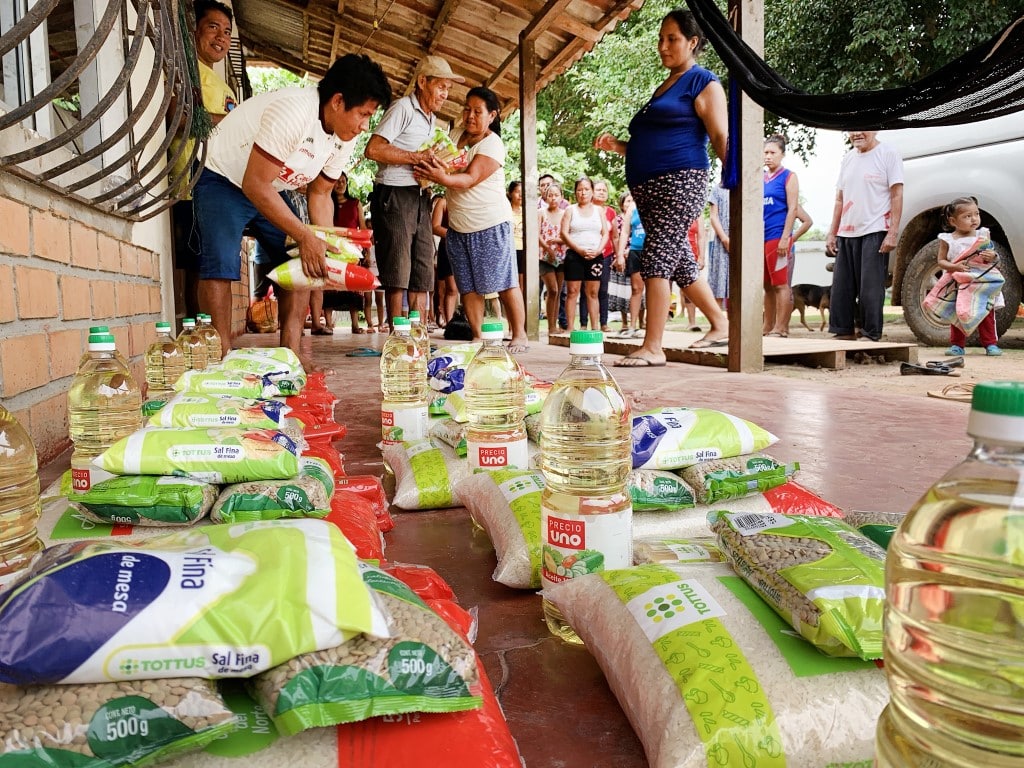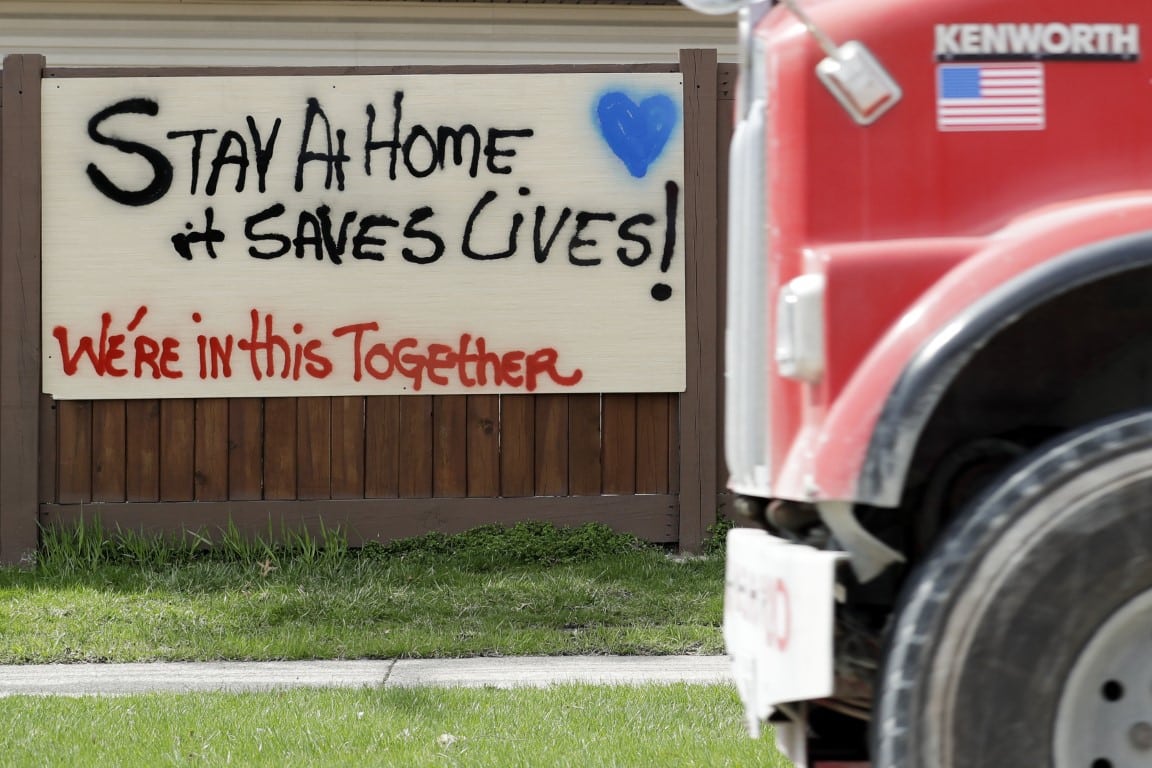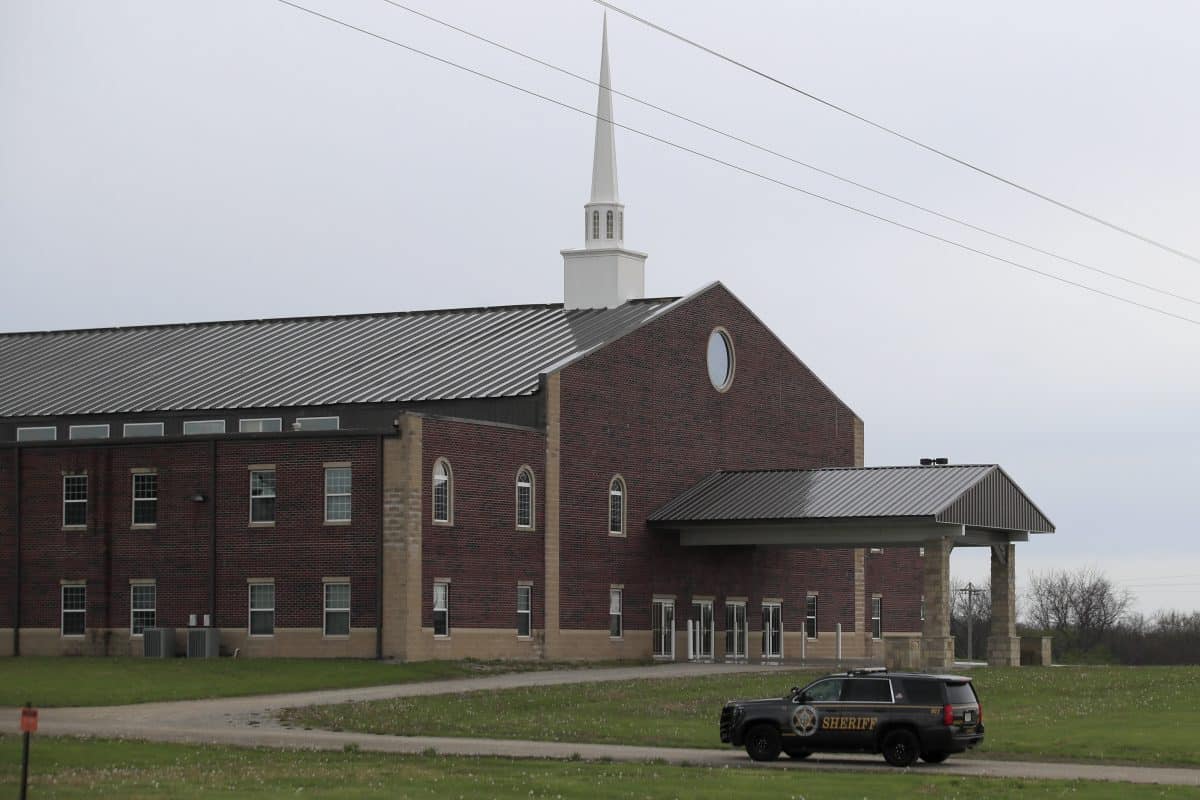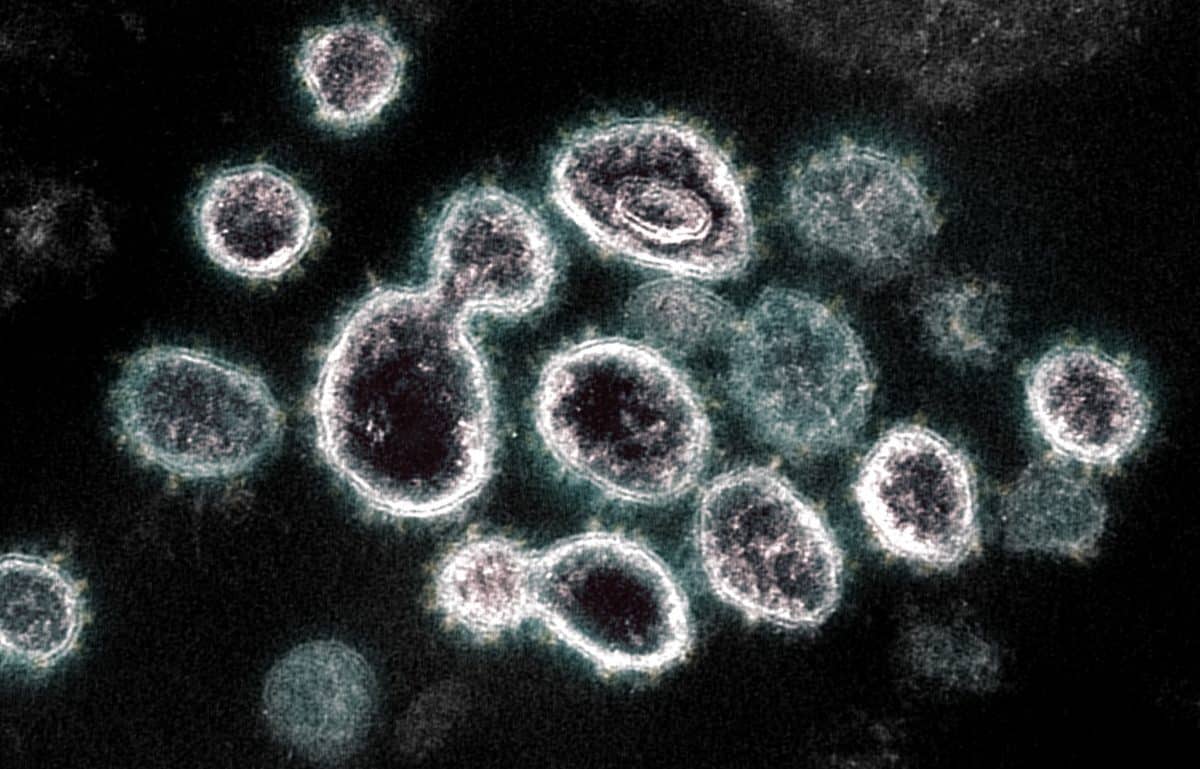Black Church, Civil Rights Leaders Urge Churchgoers to Continue to ‘Tele-Worship’
Top officials of seven black Christian denominations have joined civil rights leaders in calling for people to stay home until it is safe in states whose governors are lifting shelter-in-place orders.

